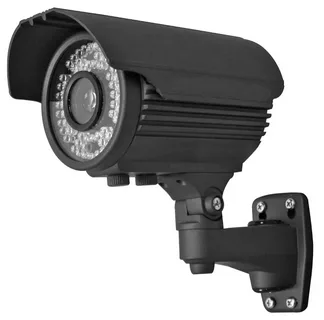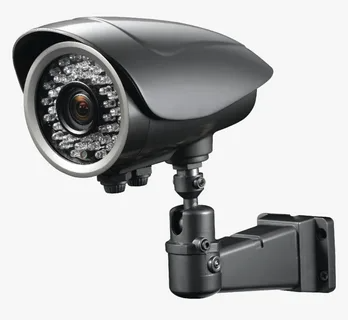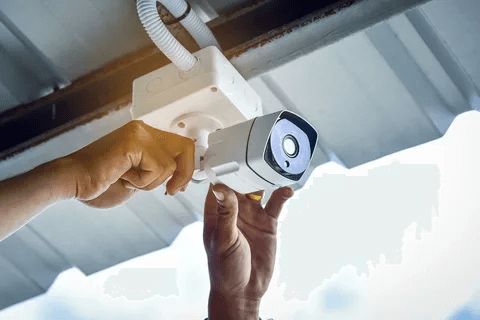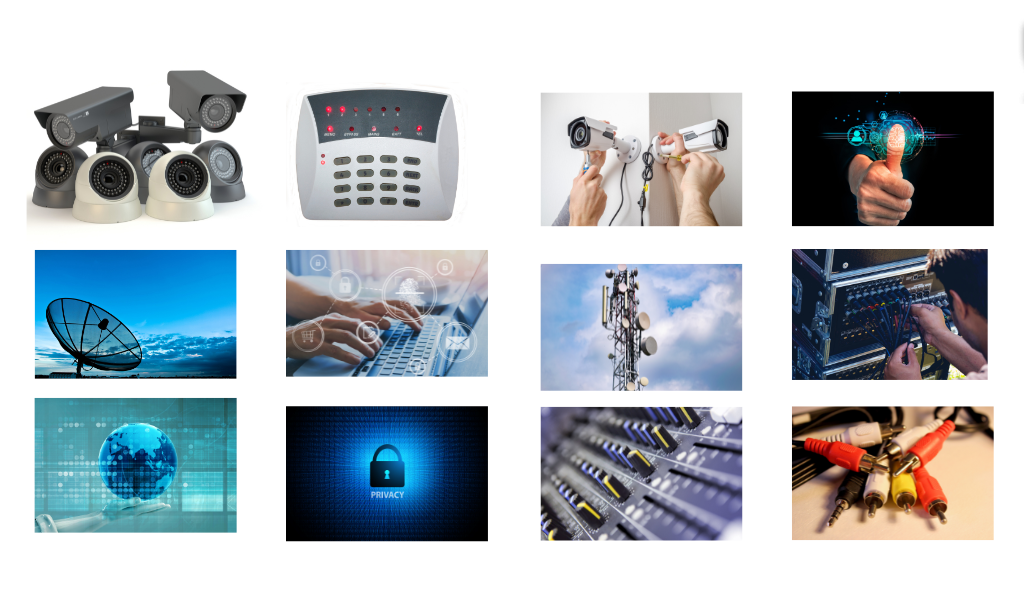Choosing Between NVR and DVR for Your Security System

Strong 8k brings an ultra-HD IPTV experience to your living room and your pocket.
When setting up a security system for your home or business, choosing the right recording device is crucial for ensuring the efficiency and reliability of your surveillance. Two common types of recording systems used in modern CCTV setups are NVR (Network Video Recorder) and DVR (Digital Video Recorder). While both serve the same purpose—recording and storing video footage from security cameras—they differ in terms of technology, functionality, and installation. Understanding the differences between NVR and DVR can help you make an informed decision about which system is best suited to your needs. For expert guidance and installation, rely on the Best Security company to ensure you select the optimal recording device for your property.
What is an NVR (Network Video Recorder)?
An NVR is a recording device that is primarily used in IP (Internet Protocol) camera systems. IP cameras send video footage over a network (either wired or wireless), which is then recorded and stored on the NVR. Unlike DVRs, NVR systems do not require direct connections to the cameras; instead, they work through the network, making them more versatile in terms of installation. The video footage from IP cameras is sent over the network to the NVR, where it is stored on hard drives or other storage media.
NVR systems are typically used for more advanced surveillance setups, where high-resolution video and remote access are important. These systems can be accessed via mobile apps, computers, or cloud storage, providing more flexibility and scalability compared to traditional DVR systems.
What is a DVR (Digital Video Recorder)?
A DVR, on the other hand, is designed for use with analog CCTV cameras. In a DVR system, the cameras are directly connected to the recorder using coaxial cables. The DVR converts the analog video signals from the cameras into digital footage, which is then stored on hard drives or other local storage options. Unlike NVRs, DVR systems do not rely on a network to transmit video footage. Instead, they function on a closed-circuit system, making them ideal for traditional analog CCTV setups.
While DVR systems are generally simpler to set up, they come with certain limitations compared to NVRs. One of the main drawbacks is that DVR systems are usually restricted by the quality of the analog cameras and the physical limitations of coaxial cables.
Key Differences Between NVR and DVR
The primary difference between NVR and DVR systems lies in the way video footage is captured and transmitted. NVR systems work with IP cameras and transmit video over a network, while DVR systems are designed for analog cameras and require physical cabling. However, there are several other factors to consider when deciding between the two.
Image Quality and Resolution
One of the most significant advantages of NVR systems is the superior image quality. Since NVRs work with IP cameras, they are capable of recording high-definition (HD) or even ultra-high-definition (UHD) video, providing clearer and more detailed footage. IP cameras typically have higher resolutions than analog cameras, which means NVR systems are ideal for areas that require precise monitoring, such as entrances, parking lots, or sensitive areas.
In contrast, DVR systems are limited by the resolution of the analog cameras they work with. While some high-definition analog cameras are available, the overall image quality is generally lower than that of IP cameras used with NVR systems. Therefore, if you require high-resolution surveillance, an NVR system is likely the better option.
Ease of Installation and Scalability
Another key difference between NVR and DVR systems is the ease of installation and scalability. NVR systems are often more flexible and easier to expand than DVR systems. This is because NVRs work over a network, meaning new cameras can be added without the need for additional cables. As long as the network bandwidth allows, you can easily integrate more IP cameras into your existing system, making NVRs ideal for businesses or homes that anticipate needing more cameras in the future.
DVR systems, on the other hand, are typically limited by the number of channels available on the recorder. Each camera must be connected to the DVR using a coaxial cable, which can make installation more cumbersome, especially if you need to add more cameras or upgrade the system in the future. Expanding a DVR system often requires additional wiring and infrastructure, which can increase installation time and cost.
Remote Access and Control
One of the biggest advantages of NVR systems is the ability to access and control the system remotely. Since NVRs work over a network, you can monitor live feeds, review recorded footage, and manage system settings through your smartphone, tablet, or computer. Many NVR systems also offer cloud storage, which allows you to store and access video footage from anywhere in the world. This remote access is particularly useful for business owners or homeowners who want to monitor their property when they are not physically present.
DVR systems, while not entirely lacking in remote access, generally offer more limited capabilities. Some DVR systems offer remote viewing through a smartphone app or a web browser, but the experience is often less seamless compared to NVR systems. Additionally, DVR systems may not offer cloud storage, limiting your ability to store footage offsite or access it remotely if the DVR is offline.
Cost Considerations
In terms of initial cost, DVR systems tend to be more affordable than NVR systems. This is because the technology behind DVR systems is less advanced, and analog cameras are generally cheaper than IP cameras. If you're on a budget and need a basic security system, a DVR system may be the most cost-effective solution for your needs.
However, while the upfront costs of DVR systems may be lower, it’s important to consider the long-term value. NVR systems, with their higher image quality, remote access capabilities, and scalability, offer a better return on investment, especially for larger properties or businesses that require more advanced surveillance features.
Conclusion: Which System Should You Choose?
Ultimately, the decision between NVR and DVR depends on your specific needs and budget. If you are looking for higher resolution video, scalability, and remote access, then an NVR system is the best choice. NVRs offer more flexibility, advanced features, and the ability to integrate with other smart security solutions, making them ideal for modern, high-tech surveillance setups.
On the other hand, if you need a more budget-friendly, straightforward solution for basic surveillance, a DVR system may be sufficient. DVR systems are still a reliable option for smaller properties or businesses that do not require high-resolution footage or extensive remote access features.
Before making your decision, consider the size of your property, the level of surveillance required, and your long-term security needs. In some cases, combining both systems may also be a viable solution, especially if you are upgrading from an older analog setup to a more advanced networked system.
Note: IndiBlogHub features both user-submitted and editorial content. We do not verify third-party contributions. Read our Disclaimer and Privacy Policyfor details.







